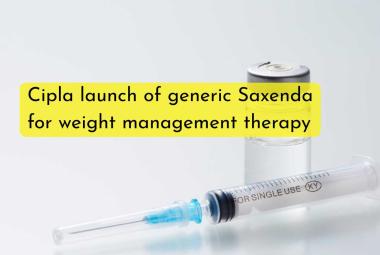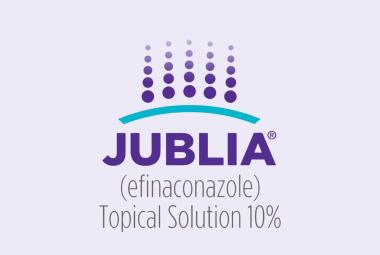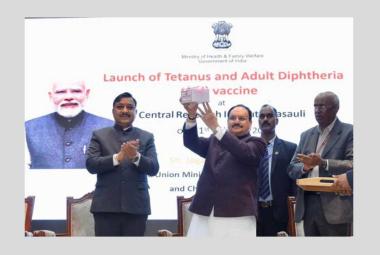The Central Drugs Standard Control Organization (CDSCO) has issued a directive to all State and Union Territory Drug Controllers, stressing the need for strict compliance with the Drugs Rules, 1945, in testing raw materials and finished pharmaceutical formulations.
The move comes in the wake of recent reports of child deaths in Chhindwara, Madhya Pradesh, allegedly linked to contaminated cough syrups. The Directorate expressed serious concern over the quality of such formulations and noted significant lapses during recent inspections of manufacturing facilities.
According to the CDSCO, investigations into drugs declared as “Not of Standard Quality” revealed that several manufacturers failed to test each batch of excipients, inactive and active pharmaceutical ingredients before their use in production. In many cases, finished products were also not tested in line with prescribed standards.
The circular reminded manufacturers of their obligations under the Drugs Rules, particularly Rule 74(c) and Rule 78(c)(ii), which require licensees to test every batch or lot of raw materials and final products either in their own laboratories or in laboratories approved by the licensing authority. Manufacturers must also maintain detailed records of such testing as per Schedule U.
State and UT Drug Controllers have been instructed to ensure that manufacturers comply with these testing requirements before releasing any batch to the market. The CDSCO also urged authorities to monitor adherence during inspections and sensitize manufacturers through circulars and communication.
Additionally, the directive emphasized that companies must have a robust vendor qualification system in place and should procure raw materials, including excipients, only from reliable and approved vendors.
The order underscores the regulator’s renewed focus on strengthening quality control and preventing lapses that could endanger public health.














